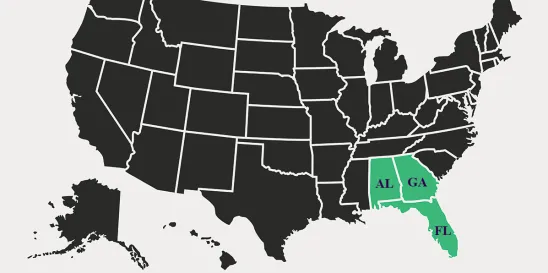On February 21, a proposed class action lawsuit was filed against an auto finance company in the U.S. District Court for the Northern District of Georgia alleging various violations of the Military Lending Act (“MLA”). The named plaintiff is a “Covered Borrower” under the MLA, which includes active-duty military servicemembers and their dependents.
According to the class complaint, the auto finance company’s standard agreement forms include loan terms that are prohibited by the MLA, including charging interest rates above the MLA’s 36% cap and failing to provide required disclosures. The complaint further alleges that the auto finance company’ standard agreement forms allows for the rollover of loans using the same proceeds of other credit extended by the same creditor, includes a class action ban and jury trial waiver, includes a mandatory arbitration provision, and extends credit to borrowers where their vehicle title is used as security for the loan, all of which are prohibited under the MLA.
Putting it into Practice: The lawsuit follows a consent order issued by the CFPB last year penalizing the auto finance company for allegedly violating the MLA by extending prohibited title loans and charging interests rates nearly three times greater than the 36% annual interest rate cap (see previous discussion here). The filing of this class action is yet another example of how plaintiffs’ lawyers often piggyback on the work done by state and federal law enforcement agencies.




 />i
/>i

